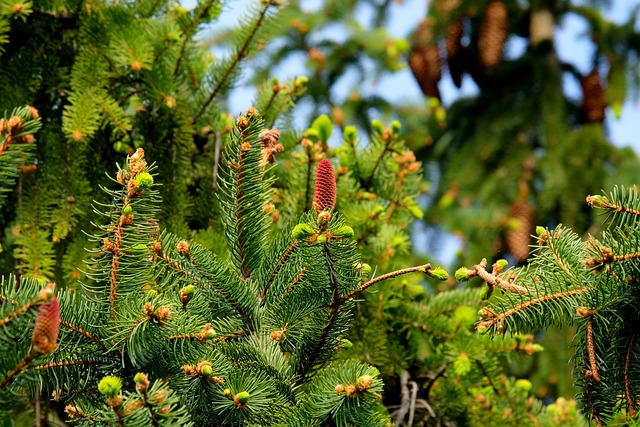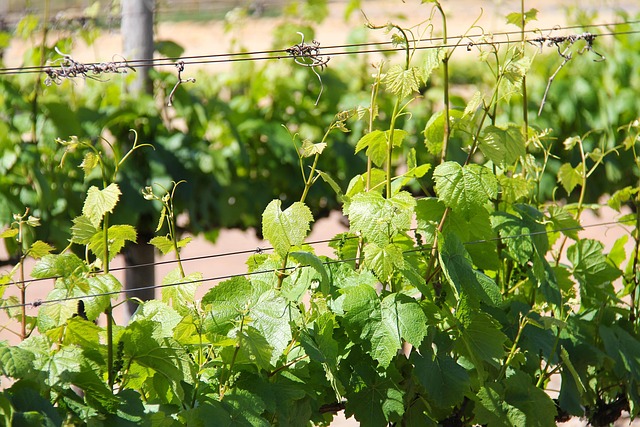In recent years, the concept of gardening therapy has emerged as a powerful tool for enhancing mental and emotional well-being. As our lives become increasingly fast-paced and disconnected from nature, the simple act of tending to a garden offers a profound opportunity to reconnect with the earth and with ourselves. The healing power of gardening goes beyond just planting seeds and watering the soil; it’s about nurturing our relationships with nature and fostering a greener tomorrow.
Imagine stepping outside, feeling the warmth of the sun on your face, and sinking your fingers into the cool, fragrant earth. Gardening allows us to engage our senses fully—the vibrant colors of blooming flowers, the subtle fragrance of fresh herbs, and the sound of leaves rustling in the breeze. Such sensory experiences can evoke a sense of peace and tranquility, making gardening therapy an effective method for alleviating stress and anxiety.
Furthermore, gardening therapy is not only about personal healing; it’s also a means of contributing to the environment. By cultivating plants and greenery, we create habitats for diverse wildlife, promote biodiversity, and help to combat climate change. Each garden becomes a small eco-system that plays a crucial role in supporting the planet’s health. This connection to the environment deepens our sense of responsibility and empowers us to make sustainable choices, transcending the act of gardening itself.
Research has shown that spending time in nature can significantly boost our mood and mental well-being. Engaging in gardening therapy provides a unique opportunity for mindfulness, as we focus our attention on the present moment, disconnecting from our worries and distractions. The rhythmic tasks involved in gardening—digging, watering, weeding—create a meditative state, allowing us to find peace amidst the chaos of everyday life.
The green spaces we cultivate not only contribute to our well-being but also foster a sense of community. Community gardens serve as gathering places where individuals come together to share knowledge, resources, and produce. This collaborative spirit enhances social bonds and nurtures relationships, proving that through gardening, we can cultivate not just plants, but also connections with others.
As we continue to explore the merits of gardening therapy, it’s essential to reflect on our environmental responsibilities. Each garden, big or small, offers the potential to make an impact. Choosing native plants, incorporating sustainable practices, and promoting organic gardening not only enrich our own lives but also contribute to a greener planet. Thus, the practice of gardening goes hand-in-hand with a commitment to eco-consciousness, ensuring that our love for nature translates into actionable steps toward preservation.
In navigating the complexities of modern life, gardening therapy serves as a reminder of the profound benefits of connectivity—connecting with the earth, with our surroundings, and with ourselves. Through the simple act of planting and nurturing life, we cultivate a sanctuary of peace and beauty, a retreat from the noise of the world.




